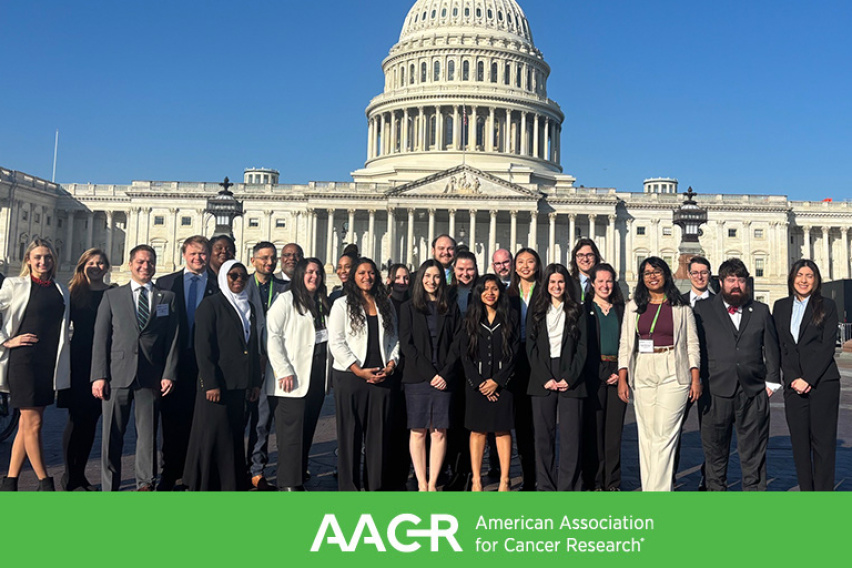MIT Sloan School of Management
July 22, 2020
A new proteomic analysis platform combining a panel of engineered nanoparticles' protein chemistry and machine learning could open up new avenues to predict, diagnose, and treat disease. In a study appearing in Nature Communications, a team including Robert Langer and other researchers from MIT, Harvard Medical School, Seer and elsewhere, analyzed the proteome in an unbiased, unconstrained manner, and with a depth, breadth, and speed not previously possible. As proof-of-concept, the study demonstrated the platform could be used for the accurate detection of early-stage lung cancer.
